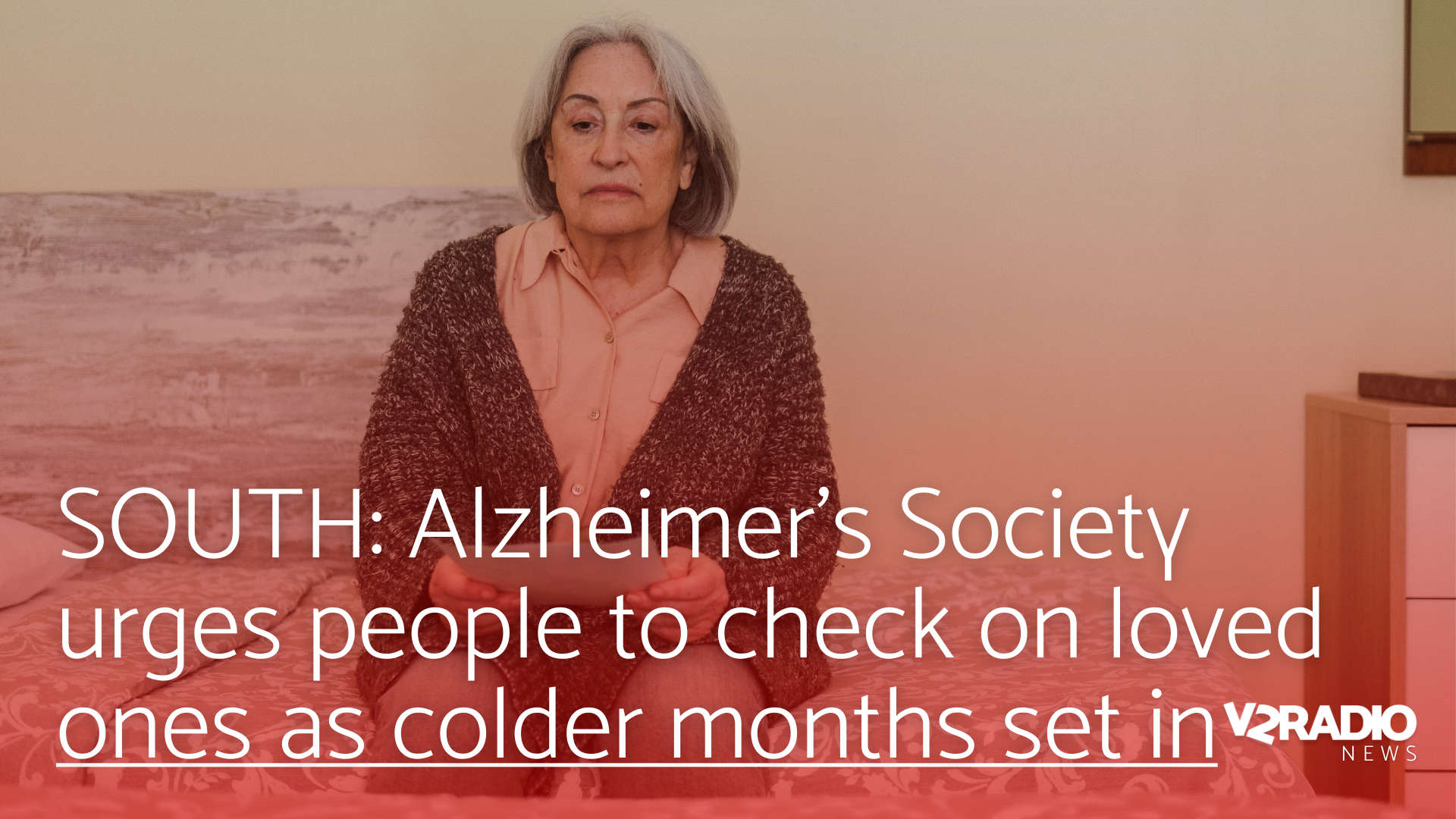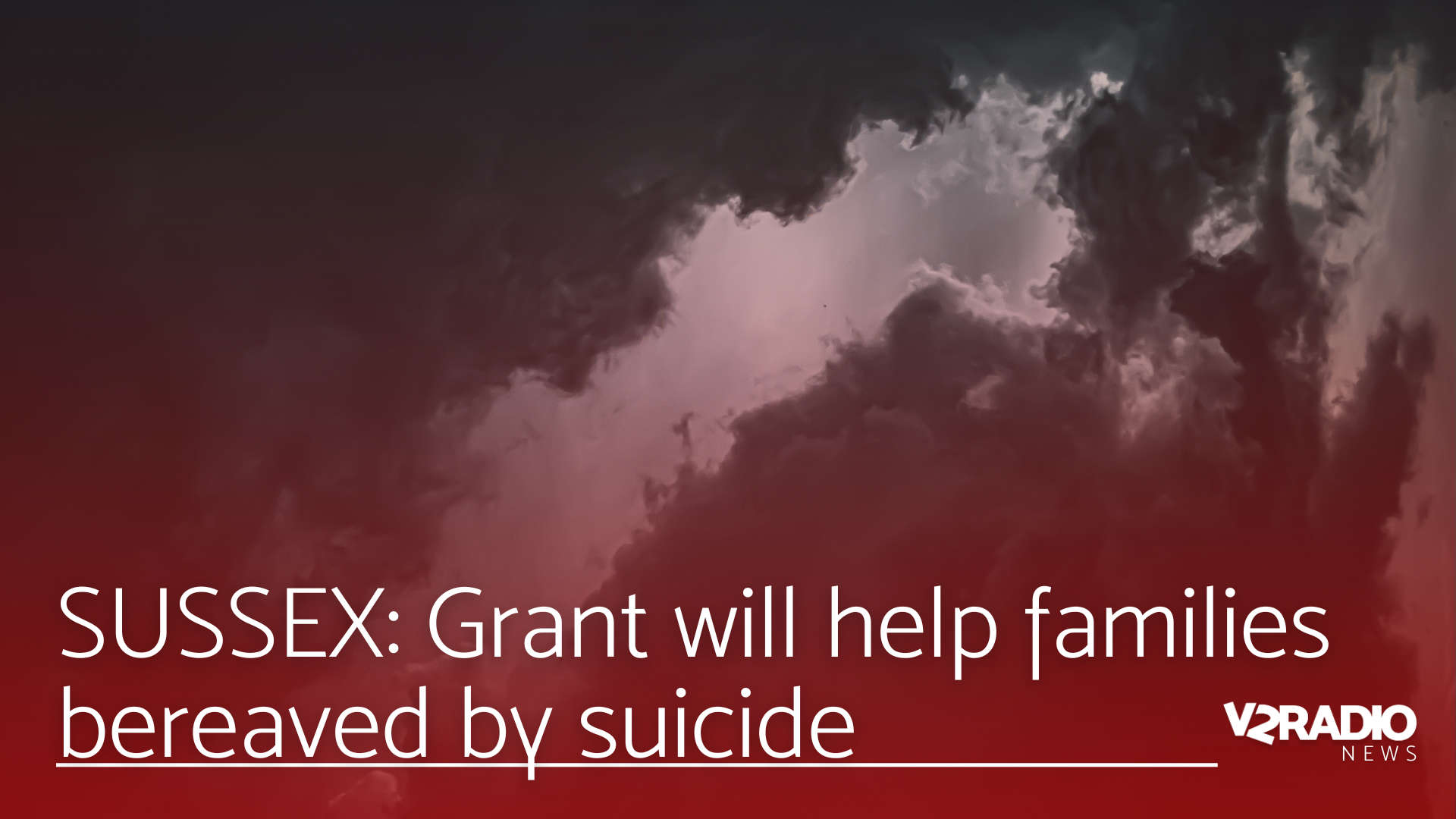
As the days grow shorter and temperatures begin to fall, the Alzheimer’s Society is urging people across the South to check in on friends, relatives and neighbours living with dementia.
The charity says that seasonal changes — darker evenings and colder weather — can be confusing and unsettling for those with the condition, while winter often brings additional challenges. People with dementia may not always realise when they’re cold or be able to communicate that they’re uncomfortable, making them more vulnerable as temperatures drop.
With the clocks going back an hour on 26 October, the charity is also highlighting how the change in daylight can cause disorientation and sleep problems for some. What many experience as a minor inconvenience can, for those with dementia, lead to greater confusion and disruption to routine.
To help manage these seasonal challenges, the Alzheimer’s Society has shared a series of practical tips for families and carers:
1. Maintain a routine – Doing regular activities at the same time each day, such as a morning walk or cup of tea, can help establish a sense of stability and regulate the body clock.
2. Use light effectively – Exposure to natural light in the morning helps improve mood and sleep patterns. For those unable to go outside, a bright lamp or lightbox can have similar benefits.
3. Try a ‘Day and Night’ clock – Specially designed clocks showing visual day and night symbols can help people with dementia better understand the time of day. These are available through the Alzheimer’s Society’s online shop.
The charity also advises keeping warm through layered clothing made of cotton, wool or fleece, maintaining steady indoor temperatures with good insulation, and encouraging gentle movement to boost circulation. Regular meals and warm drinks can also help maintain energy and comfort.
Finally, the charity reminds carers to check what financial support may be available, such as winter fuel payments or cold weather grants.
The Alzheimer’s Society says that small, thoughtful actions — like checking in on someone regularly — can make a big difference to their comfort, safety and wellbeing during the winter months.
More information and resources can be found at alzheimers.org.uk.

 Men jailed for operating drugs line in Sussex
Men jailed for operating drugs line in Sussex
 Police in Bognor Regis confirm ‘Firearm’ suspect was boy in fancy dress
Police in Bognor Regis confirm ‘Firearm’ suspect was boy in fancy dress
 244 new homes approved for Horsham
244 new homes approved for Horsham
 Appeal for information after drugs seized in Bognor
Appeal for information after drugs seized in Bognor
 Free Carbon Literacy training day for Chichester District residents and community groups
Free Carbon Literacy training day for Chichester District residents and community groups
 Body of man discovered in Eastbourne
Body of man discovered in Eastbourne
 The South hit by Storm Benjamin
The South hit by Storm Benjamin
 PCC and local authorities co-fund specialist support for Sussex families bereaved by suicide
PCC and local authorities co-fund specialist support for Sussex families bereaved by suicide
 Yellow weather warning issued as strong winds and heavy rain set to hit the south
Yellow weather warning issued as strong winds and heavy rain set to hit the south
 Flats delayed above Bognor Regis Arcade
Flats delayed above Bognor Regis Arcade






